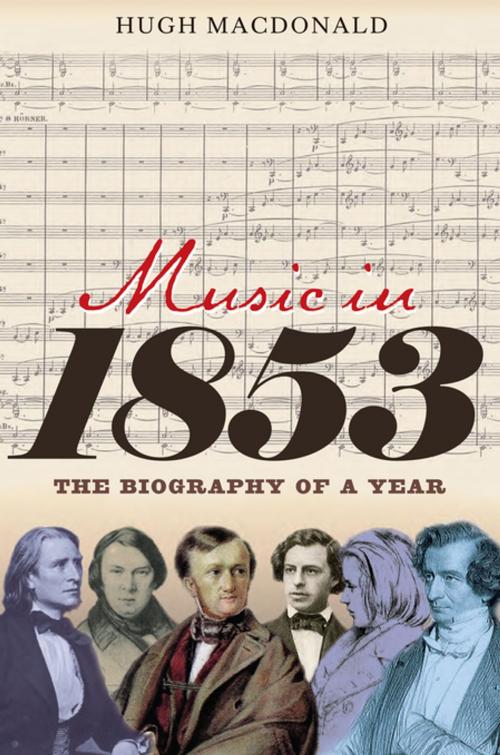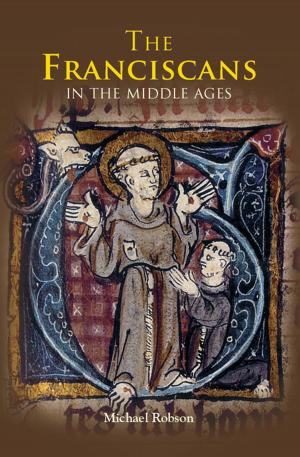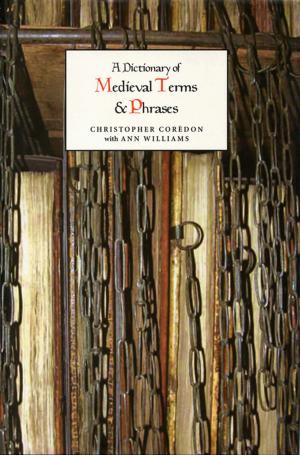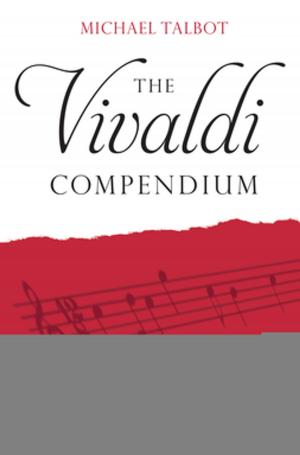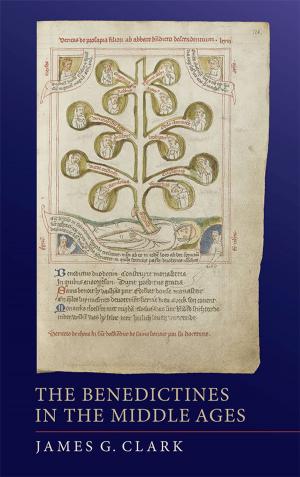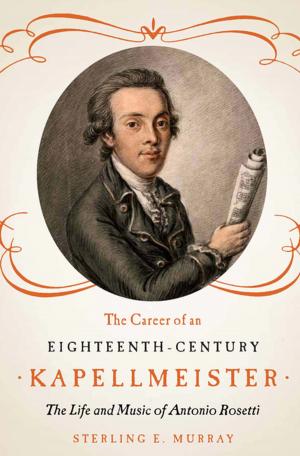Music in 1853
The Biography of a Year
Nonfiction, Entertainment, Music, Music Styles, Classical & Opera, Classical| Author: | Hugh Macdonald | ISBN: | 9781782041504 |
| Publisher: | Boydell & Brewer | Publication: | September 4, 2017 |
| Imprint: | Boydell Press | Language: | English |
| Author: | Hugh Macdonald |
| ISBN: | 9781782041504 |
| Publisher: | Boydell & Brewer |
| Publication: | September 4, 2017 |
| Imprint: | Boydell Press |
| Language: | English |
Why 1853? For many leading composers this year brought far-reaching changes to their lives: Brahms emerged from obscurity to celebrity, Schumann ceased to be an active composer, and both Berlioz and Wagner became active again after long silences. By limiting the perspective to a single year yet extending it to a group of musicians, their constant interconnections become the central motif: Brahms meets Berlioz and Liszt as well as Schumann; Liszt is a constant link in every chain; Joachim is close to all of them; Wagner is on everyone's mind. No one composer is at the centre of the story, but a network of musicians spreads across the map of Europe from London and Paris to Leipzig and Zurich. Music in 1853 shows how musicians were now more closely connected than ever before, through the constant exchange of letters and the rapidly expanding railway network. The book links geography and day-to-day events to show how international the European musical scene had become. A larger picture emerges of a shift in musical scenery, from the world of the innocent Romanticism of Berlioz and Schumann to the more potent musical politics of Wagner and of his antidote (as many saw him) Brahms. HUGH MACDONALD is Avis H. Blewett Professor Emeritus of Music at Washington University, St Louis. He has authored books on Skryabin and Berlioz and has previously published Beethoven's Century: Essays on Composers and Themes with Boydell/URP.
Why 1853? For many leading composers this year brought far-reaching changes to their lives: Brahms emerged from obscurity to celebrity, Schumann ceased to be an active composer, and both Berlioz and Wagner became active again after long silences. By limiting the perspective to a single year yet extending it to a group of musicians, their constant interconnections become the central motif: Brahms meets Berlioz and Liszt as well as Schumann; Liszt is a constant link in every chain; Joachim is close to all of them; Wagner is on everyone's mind. No one composer is at the centre of the story, but a network of musicians spreads across the map of Europe from London and Paris to Leipzig and Zurich. Music in 1853 shows how musicians were now more closely connected than ever before, through the constant exchange of letters and the rapidly expanding railway network. The book links geography and day-to-day events to show how international the European musical scene had become. A larger picture emerges of a shift in musical scenery, from the world of the innocent Romanticism of Berlioz and Schumann to the more potent musical politics of Wagner and of his antidote (as many saw him) Brahms. HUGH MACDONALD is Avis H. Blewett Professor Emeritus of Music at Washington University, St Louis. He has authored books on Skryabin and Berlioz and has previously published Beethoven's Century: Essays on Composers and Themes with Boydell/URP.
